| Reviews & Columns |
|
Reviews DVD TV on DVD Blu-ray 4K UHD International DVDs In Theaters Reviews by Studio Video Games Features Collector Series DVDs Easter Egg Database Interviews DVD Talk Radio Feature Articles Columns Anime Talk DVD Savant Horror DVDs The M.O.D. Squad Art House HD Talk Silent DVD
|
DVD Talk Forum |
|
|
| Resources |
|
DVD Price Search Customer Service #'s RCE Info Links |
|
Columns
|
|
|
What Happened To Jack Kerouac? Collector's Edition
Good luck being beat today.... Shout! Factory has released What Happened to Kerouac?, a new two-disc collector's edition of the well-received 1986 documentary on the iconic Beat author, now supplemented with over two hours of bonus material. In addition to vintage television and audio performances by Jack Kerouac reading his own work, What Happened to Kerouac? features interviews with Beat main players like Allen Ginsberg, Gregory Corso, William S. Burroughs, Michael McClure, and John Clellon Holmes, with Gary Snyder, Carolyn Cassady, and Steve Allen among others offering their takes on Kerouac, as well. While What Happened to Kerouac? deliberately stays neutral (...or deliberately vague?) in coming up with its own thoughts on Kerouac, the ideas and theories and remembrances expressed in the many interviews by those who knew Kerouac first-hand, are fascinating, and best of all, the poetic prose of Kerouac, as read by Kerouac, is mesmerizing. All is forgiven when the beat gets laid down. As an added bonus, the filmmakers have included over two hours of additional clips from their original interviews, giving us more insight into Kerouac...or at least insight into those talking about Kerouac.
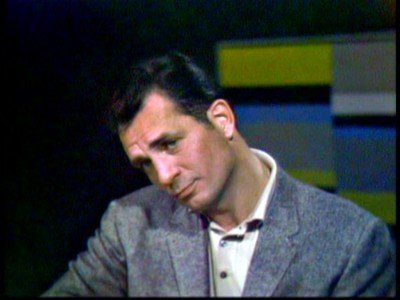
I originally saw What Happened to Kerouac? back in 1986, when it played at a little art cinema I used to frequent, and while I didn't remember too many specifics prior to this DVD showing up, a few moments of the interviews in What Happened to Kerouac? stayed with me, in particular, the video and audio clips of Kerouac performing his work (that being the first time I had heard or seen him "live," if you will). It's not the purpose of this review to give a history lesson on the Beat Generation (after all, if you're reading this review, you already know about it), nor will I burden anyone with yet another trite, clichéd account of a young college kid coming to Kerouac and finding him uniquely touching and meaningful. Suffice it to say, when I discovered Kerouac back in school, I read everything by him. I haven't gone back to him since, but I suspect I might find the experience a bittersweet one, delighting again in the sound and sheer beauty of the way Kerouac rhapsodized...but also becoming sufficiently bummed in the knowledge that, unlike a college kid, I'd have little chance today to be able to experience, the way he did, the America he described―an America that was already long gone 25 years ago when I read Kerouac, anyway. After all, how does one "get lost" in their search for God and kicks, as Jack and Neal did, in the forgotten corners of a shrinking, frightened America that has every sidewalk and road covered by CCTV cameras, where hedonistic pleasure is as instantaneously available as clicking a mouse or getting a prescription med refilled, and where even the most beaten-down of the beat can briefly amuse themselves playing games on their free Obamaphones?
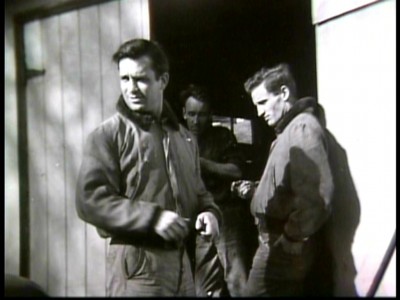
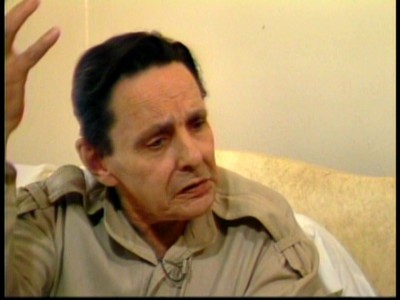
As for What Happened to Kerouac?, at first glance, one might be tempted to give the filmmakers credit for not taking a side when it comes to explaining Kerouac's evolution (or devolution) as a writer and unwilling celebrity once he published On the Road. Directors Richard Lerner and Lewis MacAdams let the interviewees speak for themselves when it comes to exposing the various facets of Kerouac's personality and art. Of course, viewpoint in a documentary comes from omission as much as inclusion (obviously, there is no such thing as an "objective" documentary), so Lerner and MacAdams ignoring any reputable critics of Kerouac's work leaves What Happened to Kerouac? decidedly one-sided when it comes to evaluating his impact (tellingly, the inclusion of Jack's notorious drunken appearance on William F. Buckley's Firing Line is the closest the doc comes to critical confrontation of Kerouac himself―not his work―and even then justifications, not evaluations, seem to dominate the interviewees' interpretation of the event). Still, as oral history, What Happened to Kerouac? is spot-on; we get to hear the actual people involved in the Beat Generation and in Kerouac's life tell us in their own words their feelings and thoughts on the man and the movement. However, as documentary, What Happened to Kerouac? plays it exceedingly safe (and perhaps a tad too reverential), content to just let the cameras role, letting the interviewees do all the heavy lifting.
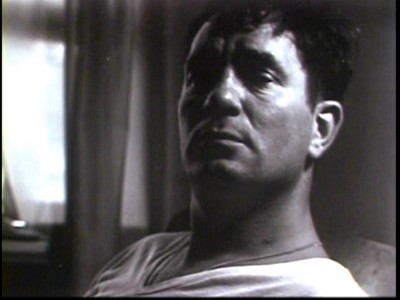
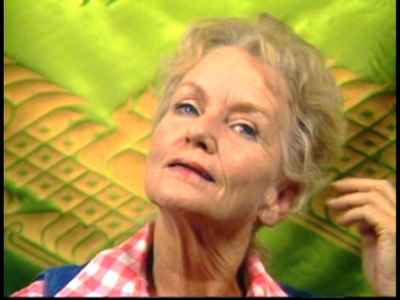
That's why the new bonus "doc," if you will, The Beat Goes On, is a much more honest piece precisely because it's not really a documentary at all. It's merely a compendium of extra, leftover footage from those original interviews, offering more random but fascinating insight into Kerouac's life and work. It doesn't have What Happened to Kerouac?'s brief title biographical cards that weakly try to frame the interview snippets, nor What Happened to Kerouac?'s limply cobbled-together time line that leave us wondering about big chunks of Kerouac's life (we never get an exact picture of Jack's trips with Neal that inspired On the Road, nor do we get much mention of Jack's activities inbetween finishing On the Road in 1951 and its publication in 1957). While I could have done without the opening segment from the Naropa Institute in 1982, where the "political fallout of the Beat Generation" is discussed by the likes of Ginsberg, Timothy Leary, and Abbie Hoffman (jesus how did that obnoxious, self-satisfied blowhard fool so many people?), the rest of the snippets are great (particularly from myth-busting realists like Carolyn Cassady, Gregory Corso, and Herbert Huncke). The only thing missing from this bonus disc is obvious: more Kerouac. It's a shame the filmmakers couldn't include more audio and video of Kerouac laying down his beat; after all, that's why all the other people are talking here.
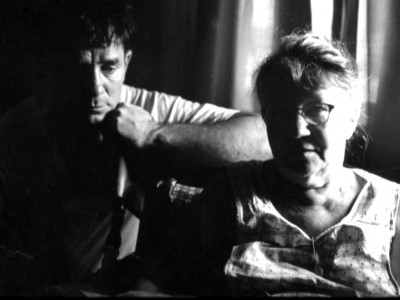
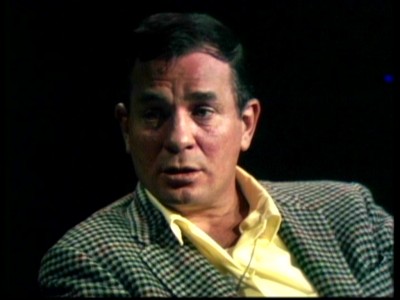
The DVD:
The Video:
The full-screen, 1.33:1 video transfer for What Happened to Kerouac? looks okay, with a sharpish picture, average color, and no anomalies I could spot.
The Audio:
The Dolby Digital English mono audio track is average, as well: relatively clean, with little hiss. No subtitles or closed-captions available.
The Extras:
See above.
Final Thoughts:
With so many different takes on Kerouac's makeup from the assembled interviewees here, it's probably impossible to definitively say what, exactly, happened to Jack Kerouac once he achieved his unwanted/wanted fame. Ultimately, though, are those facts, whatever they may be, as important as his work? Kerouac might have said they're equally important, so.... If What Happened to Kerouac? makes you want to seek out Kerouac's work, it succeeds, then, as a doc (on a doc's most basic level). I'm recommending What Happened to Kerouac?.
Paul Mavis is an internationally published film and television historian, a member of the Online Film Critics Society, and the author of The Espionage Filmography.


|
| Popular Reviews |
| Sponsored Links |
|
|
| Sponsored Links |
|
|
| Release List | Reviews | Shop | Newsletter | Forum | DVD Giveaways | Blu-Ray | Advertise |
|
Copyright 2024 DVDTalk.com All Rights Reserved. Legal Info, Privacy Policy, Terms of Use,
Manage Preferences,
Your Privacy Choices | |||||||












